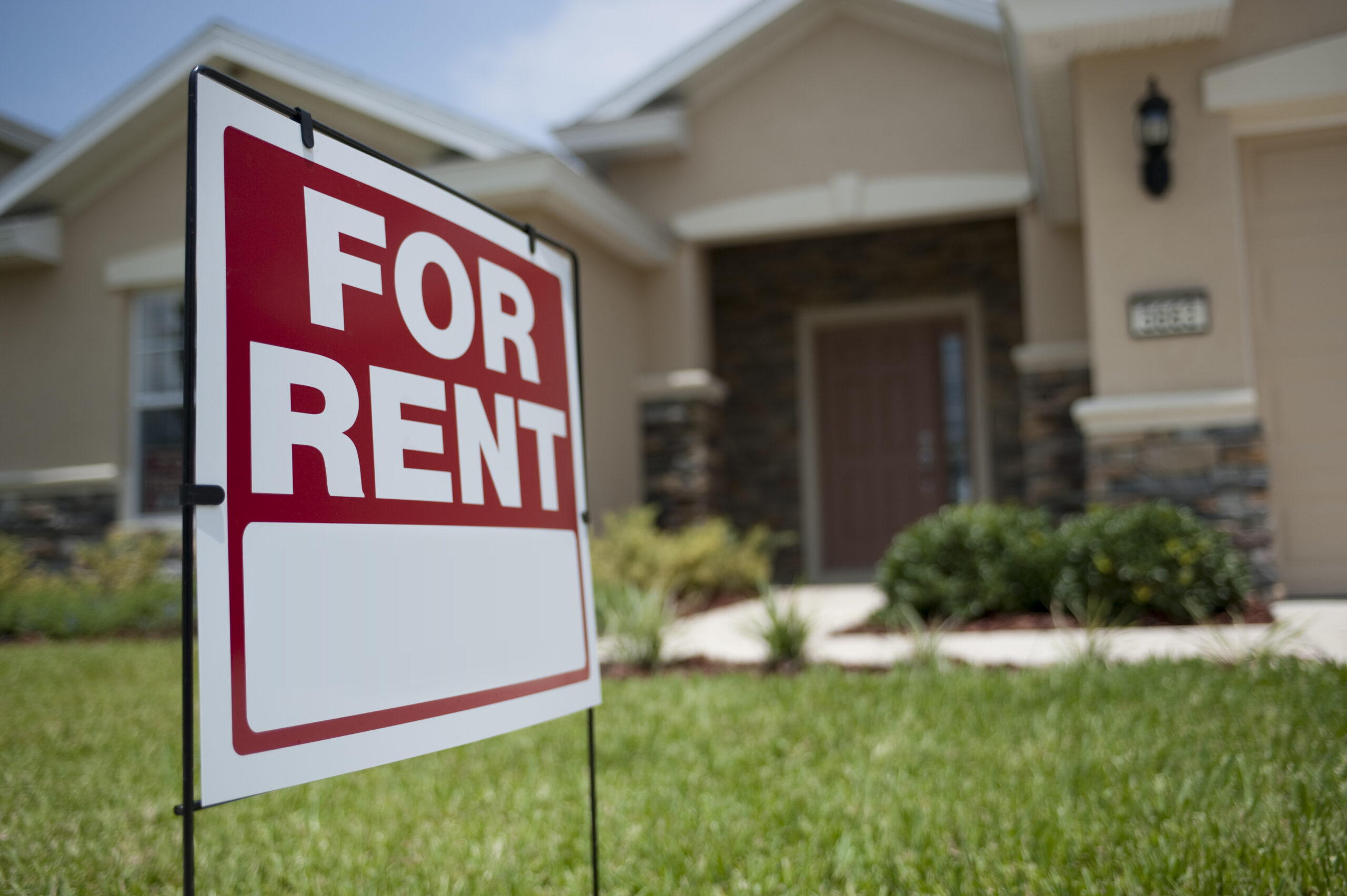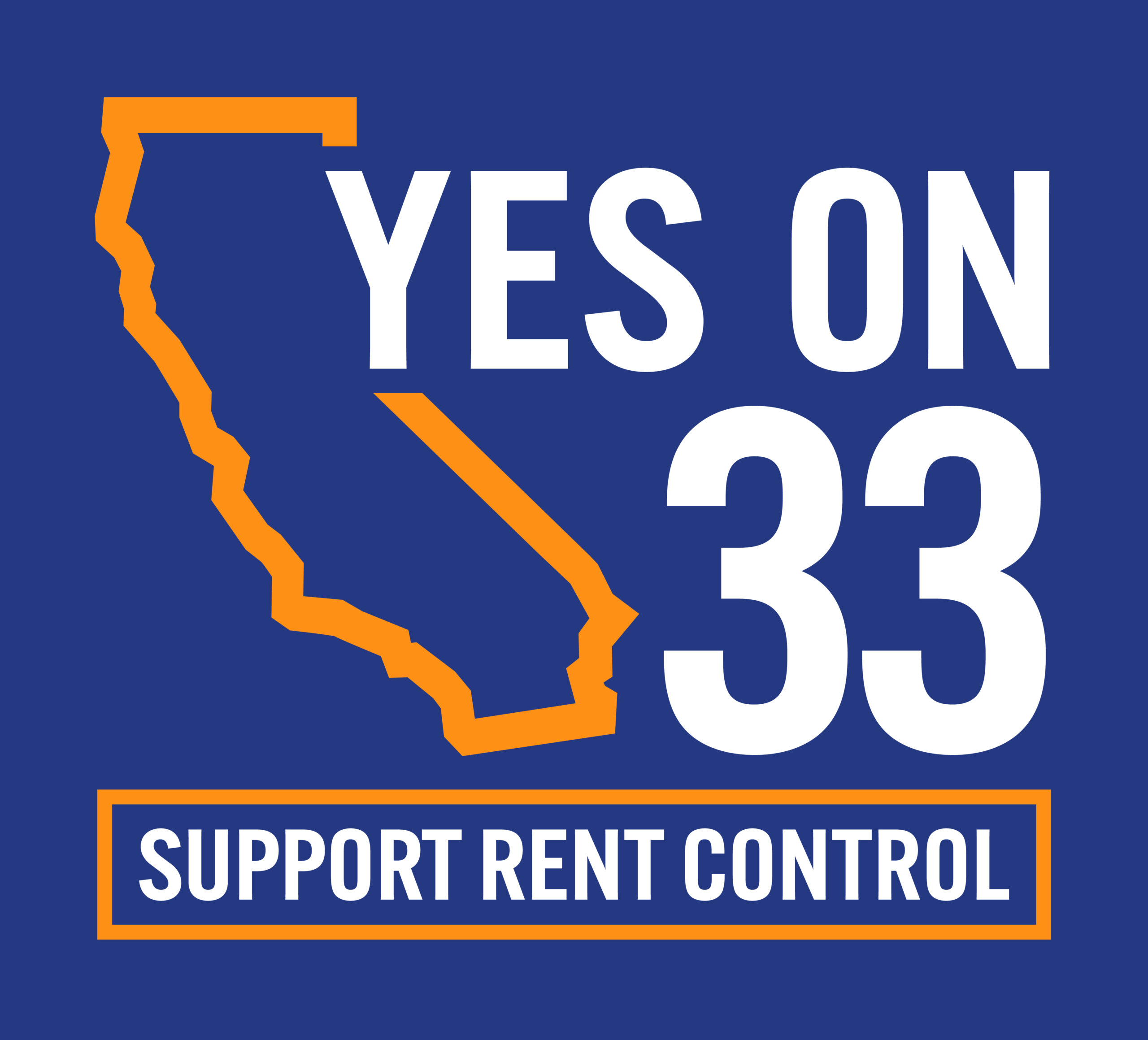
Two opposing things can be true at the same time. In California, there is no question that the rent is too high. At the same time, there are small landlords who are hurting in today’s unsustainable housing market.
Californians just came out of a 100-year emergency — the COVID-19 pandemic — that threw everything for a loop. Overnight, society ground to a halt, and we were confined to our homes. Businesses shuttered, and millions lost their jobs. Extraordinary measures needed to be taken, and we’re still feeling the repercussions.
Stimulus checks pumped trillions into the economy. We enacted rent moratoriums. We halted evictions. Some small landlords faced extreme hardship. Fortunately, the storm clouds have parted, and life is returning to normal.
But is the “new normal” a good thing? Not when rent increases total 10 percent under California’s rent-gouging law — more than twice the rate at which incomes are growing. A tsunami of evictions is arriving, and small building owners are digging out from a mountain of unpaid rent.
Where do we go from here? First, we must lift the statewide ban on expanding rent control. The Yes on 33 ballot initiative will give voters that chance this November.
Next, we must break corporate real estate’s stranglehold on California. The California Apartment Association claims to represent landlords big and small. However, when you take a closer look at CAA’s funding and board members, it is crystal-clear that the oligarchs rule. The CAA board president is Barry Altshuler. He is a top executive at Equity Residential, which has amassed a net worth of more than $30 billion as the homeless suffer on the streets and renters struggle to afford basic expenses.
Small landlords, many of whom are hurting, have a choice to make. They can ally with CAA, which has strangled renter rights legislation for decades, or they can ally with renters who are being forced into homelessness. CAA trots out the “mom and pops” as a fig leaf to cover up the fact that their true constituency is the corporate landlord.
Small landlords deserve a fair rate of return on their investment while renters deserve a well-maintained, affordable place to live. Billionaires do not deserve another yacht. We must find a balance.
The real question is this: Who constitutes the small landlord community and who is experiencing hardship? Owning 10 units in California at an average rent of $2,600 can make you wealthy if you owe very little on the property. Small owners’ costs don’t necessarily go up as much as inflation if they own their property outright. This is not to mention the fact that their property appreciates in value over time.
Statewide rent control on this year’s ballot is not the boogeyman that Big Real Estate claims. Communities with modest rent control, such as Berkeley and West Hollywood, are not the hellscapes that CAA projects rent control to bring across the state.
The humanitarian crisis resulting from sky-high rents affects our whole society. The undue influence of CAA — which regularly kills renter protections — must be broken. By casting their lot with corporate landlords, small owners are tarnishing their reputation and weakening their argument.
The Californians who believe in rent control welcome the support of small landlords. Only together can we solve the affordable housing and homelessness crises.

